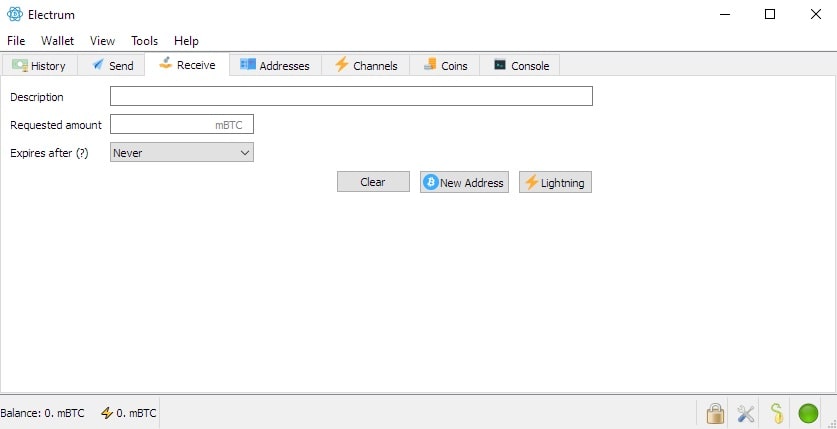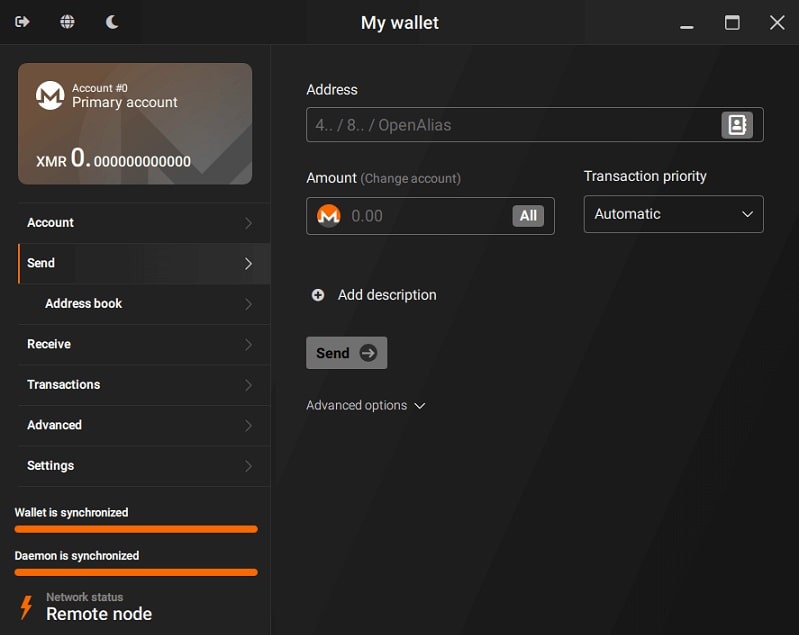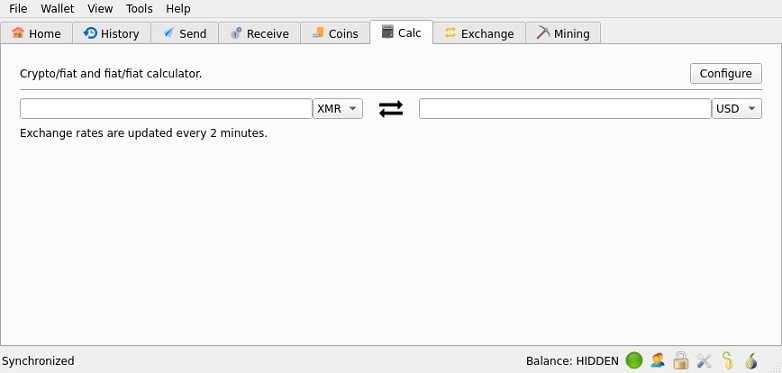Looking to own some cryptocurrency? Whether it’s as an investment, for engaging in trading, or to simply spend (essential if you’re a darknet market user), the first thing you’re going to need is a wallet to allow you to send and receive funds. Yes, you can hold funds within online exchange platforms such as Coinbase and Binance, but we strongly suggest you setup your own local wallet and don’t rely on these services for long-term storage or transferring money to potentially shady sources.
So, what’s wrong with holding funds on a web wallet or exchange?
Two things – firstly, if the platform in question disappears, so do your funds. You may think this is unlikely, but over 76,000 people lost the majority of their funds after the Canadian cryptocurrency exchange Quadriga went bankrupt, following the death of its co-founder and CEO, Gerald Cotten. Following his death, it was unveiled that the site was effectively a ponzi scheme. Unlike regular banks which are highly regulated, crypto exchanges can be a bit of a wild west, so don’t put too much trust in them.
Secondly, many exchanges have KYC (Know Your Customer) measures in place, which require you to hand over many personal details in order to use them (or at least some features). This effectively means everything you do on those platforms becomes traceable directly back to you. If the platform detected you receiving funds linked to illicit activity, or were able to detect you sending funds to a darknet marketplace, they could freeze your account and even pass your details onto authorities. Coinbase for example are quite notorious for blocking accounts – read their Trustpilot reviews and you’ll see countless users running into issues.
In a nutshell, make sure you always control your own funds and protect your privacy as much as possible.
So, which wallet do I choose?
We’re going to outline a range of popular crypto wallets, primarily focusing on Bitcoin and Monero, however some support many other currencies beyond this.
Electrum Wallet

Quite possibly the most popular and trusted Bitcoin wallet due to its simplicity, reliability and support for many operating systems. This lightweight wallet is available for Windows, Mac, Linux and Android, although not iOS at this time. Aside from the basic features you’d expect from any wallet (send, receive, secret phrase recovery etc.), Electrum supports a range of add-ons, as well as multi-signature (multisig) payments and integration with hardware wallets such as Trezor and Ledger. Some darknet markets offer multisig escrow payments to vendors as an additional safety measure, and Electrum is arguably the best wallet for doing this, with a wizard that guides you through setting up a multi-signature wallet.
Electrum is a solid choice, but if you’re looking for support for a variety of different cryptos within a single program, then perhaps you may wish to consider some of the options below.
Monero GUI Wallet

The most widely used Monero wallet, which is open source and developed by the community. It offers a suite of features comparable to Electrum wallet, albeit minus multisig. It is available for Windows, Linux and Mac OSX. Mobile users will need to look elsewhere however. The interface is pretty intuitive and there are the options of a basic and advanced mode, according to your personal requirements and level of confidence. The Monero GUI Wallet is actually necessary for some hardware wallets such as Ledger which do not support Monero within their own native apps (in this case, Ledger Live).
The wallet is somewhat more resource intensive than its Electrum counterpart, partly due to the way in which Monero works and the need to download the blockchain to your local device, but that said, any reasonably modern device should have no issues running it comfortably.
Feather Wallet

If for any reason you’re not a fan with the interface of the Monero GUI Wallet, then perhaps Feather Wallet is for you? It emulates the layout of Electrum Wallet and is designed to be faster and more lightweight than the GUI wallet, whilst offering a range of advanced features. Ledger and Trezor devices are supported, although Ledger doesn’t list Feather Wallet as an officially supported wallet, so keep this in mind if you’re less confident and troubleshooting issues by yourself. Again, this one is only for desktop devices, so mobile users are out of luck. If you’re an Electrum user looking to start adopting Monero, then you’ll feel right at home with this wallet.
